What is Meniere’s Disease?
Meniere’s Disease is an inner ear disorder than can affect one’s hearing and balance systems
It typically affects one ear but sometimes can affect both
The onset of Meniere’s can be at any age, but most often starts between younger and middle adulthood
What Causes Meniere’s Disease?
Meniere’s is thought to develop as a result of an abnormal amount of endolymph fluid in the inner ear
While its cause is unknown, though it is thought to be due to genetics, viral infection, autoimmune response, or a combination of these
Four Main Symptoms of Meniere’s:
Hearing loss
Tinnitus (ringing in the ears)
Aural fullness (clogged sensation)
Vertigo
The severity of Meniere’s symptoms can fluctuate.
How Do These Symptoms Manifest?
Hearing loss is most commonly low frequency, though it can vary
Tinnitus is often described as a “roaring” or humming sound, which is also low frequency
Aural fullness typically occurs in the ear that is affected, and is most likely a byproduct of hearing loss
Perhaps the most debilitating symptom is vertigo, a spinning sensation that can last for a few hours and may lead to nausea and vomiting
While there is no “cure” for Meniere’s, there are several ways to manage symptoms:
An Ear Nose & Throat physician may recommend a diuretic and/or low sodium and caffeine diet
Motion sickness and anti-nausea medications may be prescribed to reduce effects of a vertigo episode
An Audiologist may recommend a hearing aid if there is hearing loss and tinnitus present
Vestibular rehabilitation may be useful if one has balance difficulties in between episodes of vertigo
Surgical options may be considered in severe cases in which symptoms are not relieved with traditional management strategies for Meniere’s
For more information, contact our office!
